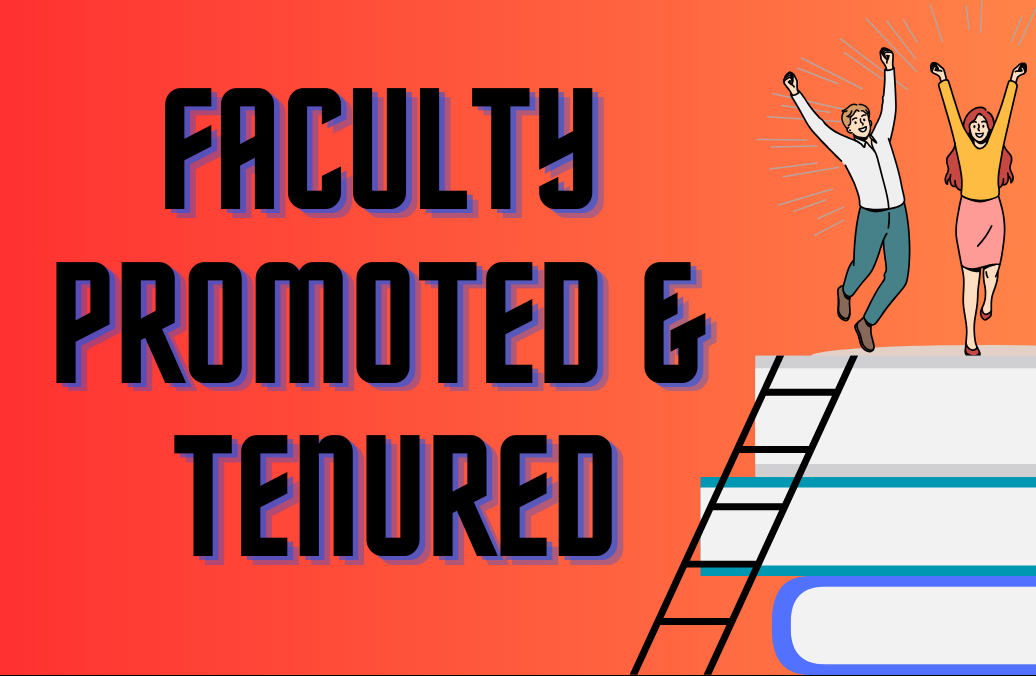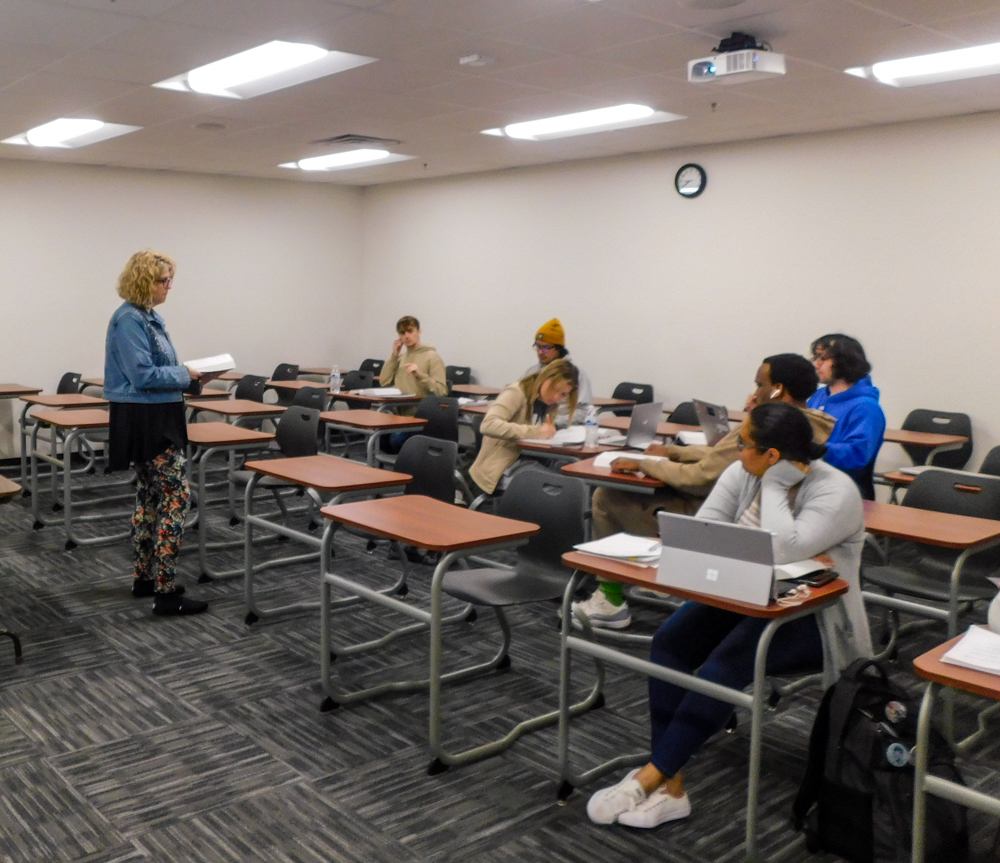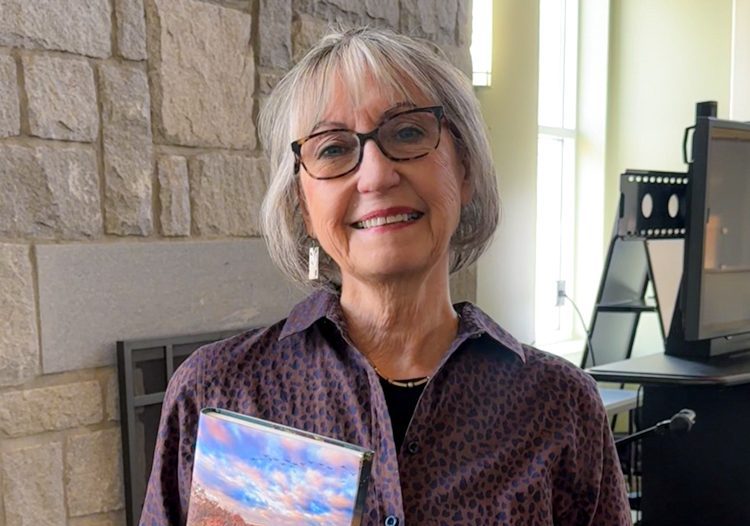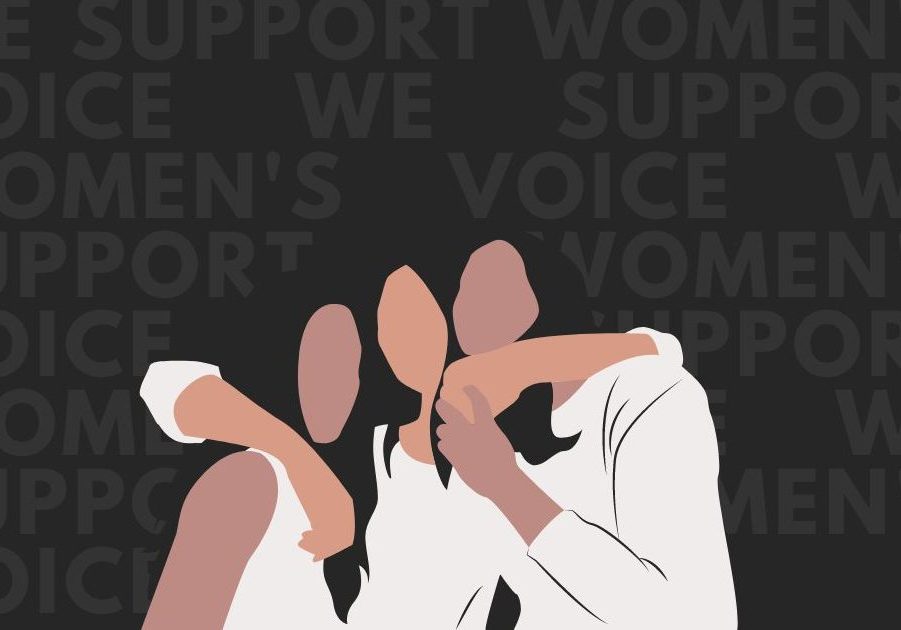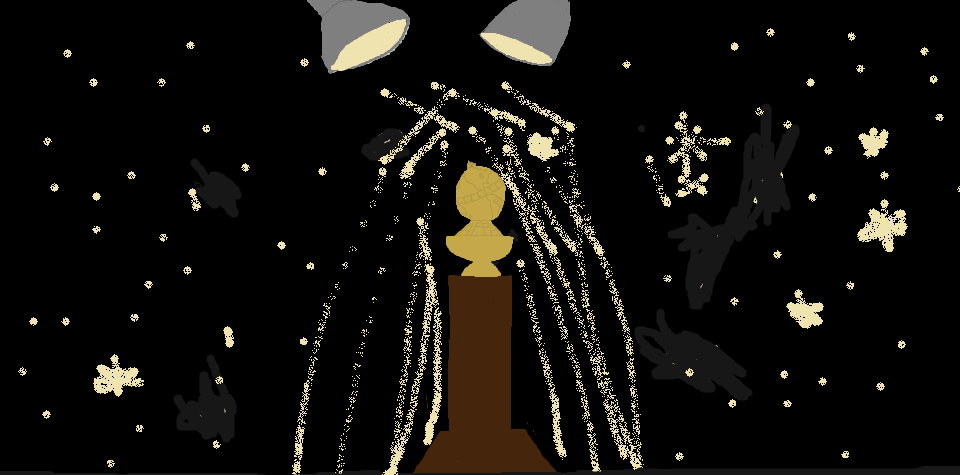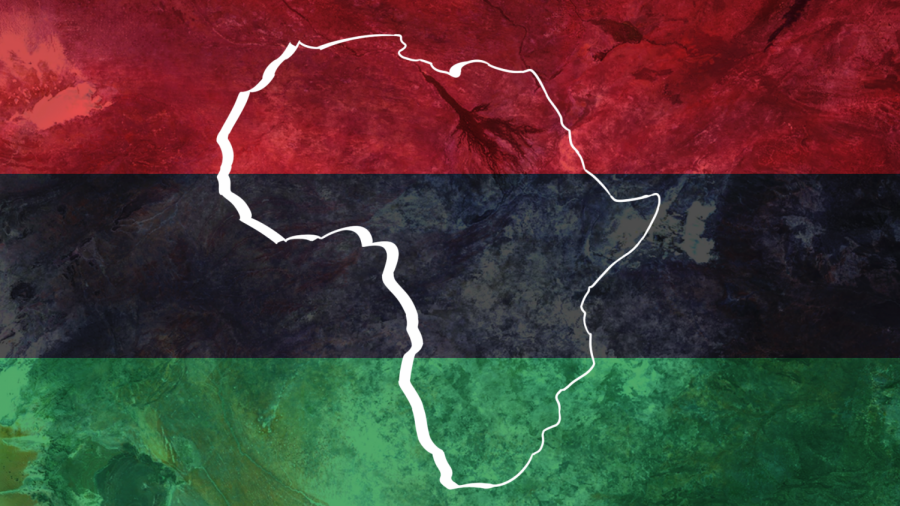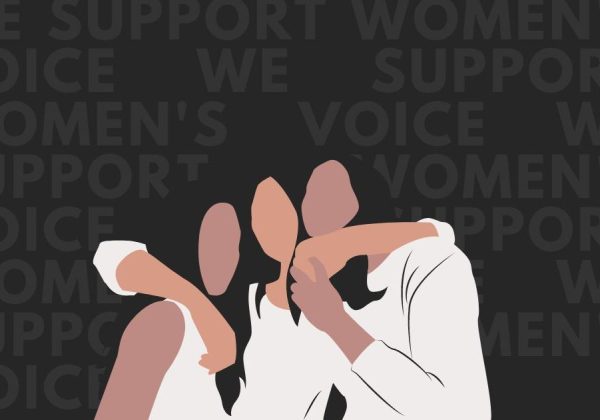Black History Month is more than a trip down memory lane
The theme for Black History Month 2021 is the black family regarding its representation, identity and diversity.
The black family structure has been discussed in several areas like history, literature, film, etc. The notion is that the black family’s representation, identity and diversity have been stereotyped and vilified from the days of enslaved Africans up to modern times.
So, for twenty-eight days we will review the black family structure while also remembering some of our most beloved, controversial and revolutionary black heroes and heroines.
Most of us know Black History Month to be an annual celebration of African Americans’ achievements and a time to recognize their crucial yet often overlooked role in U.S. history. The observance originated as “Negro History Week,” on Feb. 7, 1926. Carter G. Woodson, an influential black historian, initiated the first celebration to expand the study on African American history.
Since 1976, every U.S. president has officially recognized the month of February as Black History Month. Other countries worldwide have followed suit, including Canada and the United Kingdom, who also devote a month to celebrating black history.
But one month is not enough to eradicate the white viewpoint of historical events that permeate our public school systems.
African Americans’ history began on the African continent, where diverse empires thrived for thousands of years, trading gold, ivory and salt with people from other civilizations.
In most classrooms K-12 across the U.S., students learn, just like we did, about the African American heritage starting with enslavement in the U.S. colonies. This system erased the identity of the enslaved and treated them as property.
The constant lies and blatant ignorant retelling of my ancestors’ history is appalling yet not shocking. For many POC, this is what living in America is. Not expressing the whole truth about the past, no matter how horrifying it was, holds the U.S. back from being cognizant of race.
Therefore, differences between “Us” and “Them” will continue to arise. And you have kids growing up with a distorted view of not just their heritage, but of themselves.
Black history shouldn’t be a temporary subject matter. It should be embedded into the school curriculum as a whole. Our ancestors have spent 400 years building the fabric of this nation. It should be known that ethnic minorities are the backbone of America.
The option to learn about one’s history shouldn’t exclude other marginalized groups. This stance should apply to a majority of POC. It’s essential to have the option to go more in-depth about one’s cultural background and identity, instead of having to assimilate into the subjects schools provide.
The United States has always been a melting pot of different cultures, nationalities and languages. We should have the option to see how each of these things contribute to America as a whole.
As of now, social media influencers such as Taylor Cassidy have already taken note of this by creating a platform where viewers can obtain knowledge about black historical figures every day.
Other creators such as Jax James and Ve’ondre Mitchell use their platforms to spread awareness about social and political ideals that plague the community year-round with topics ranging from colorism to trans-identity.
TikTok itself has taken steps in the right direction and has partnered with organizations such as Operation Hope, Black Aids Institute, Trans Women of Color Collective, The Patti Grace Smith Fellowship and Alvin Ailey Dance Foundation.
We understand why Black History Month is crucial for celebrating people of African descent’s achievements and history. But we must acknowledge that there is a prevalent issue with this event, as even while Black History Month is celebrated, black voices continue to be silenced.





